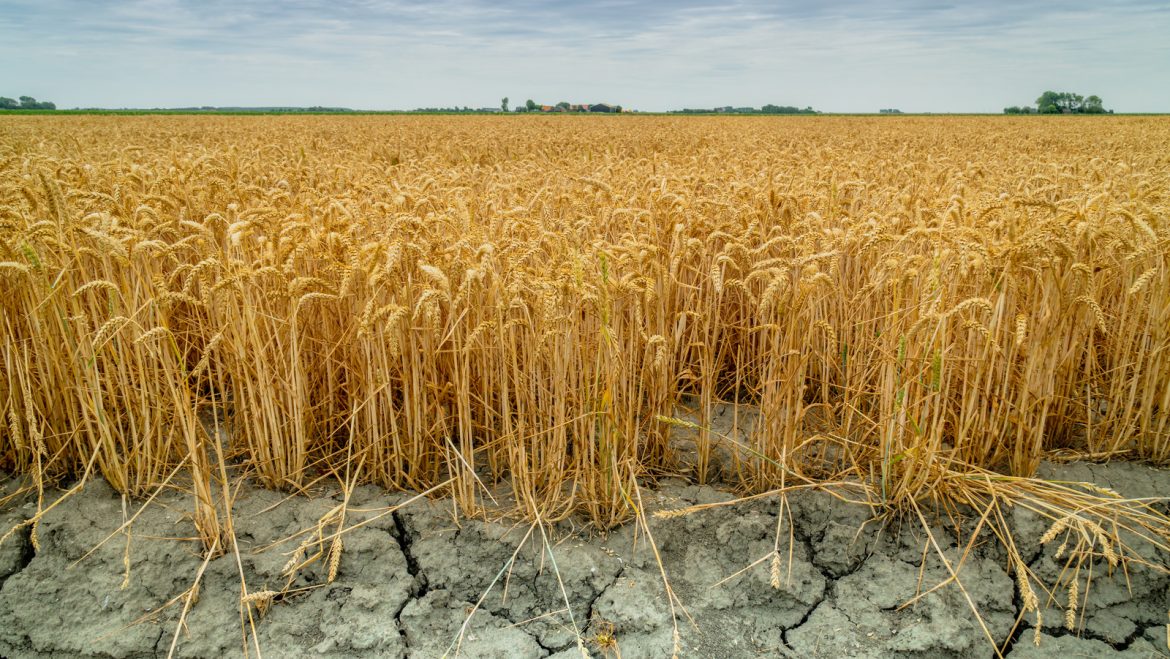A report by scientists affiliated with the World Weather Attribution (WWA) group has said the impact of a historic drought that is ravaging Argentina’s farm regions since 2022 is made worse by extreme high temperatures linked to climate change in the country.
Rapid analysis done by the group’s scientists showed that while climate change did not directly reduce rainfall, high temperatures likely reduced water availability and worsened the impacts of drought and sharp cuts in harvests have been forecasted as the drought has hampered the growth of soy, corn and wheat crops in the country.
The lack of rain is linked to the presence of the La Niña climate phenomenon which is a cooling of the equatorial Pacific that cuts rainfall in parts of Argentina has been said to be the cause of the drought but WWA scientists maintained that the extreme temperatures are a product of global warming.
Read also: Turkey Quake Sparks new debate over controversial nuclear plant
“The region is also experiencing intense heatwaves, which climate change has increased in frequency, intensity and duration,” the WWA said in a report.
After experiencing hot weather last year, much of Argentina’s agricultural area suffered a new heat wave that lasted several days and quickly consumed precipitation that had fallen in late January and February in areas that desperately need water.
“Higher temperatures in the region in late 2022, which have been attributed to climate change, decreased water availability in the models,” the WWA said.
“(This indicates) climate change probably reduced water availability over this period, increasing agricultural drought, although the study could not quantify this effect.”
Story adapted from Reuters
